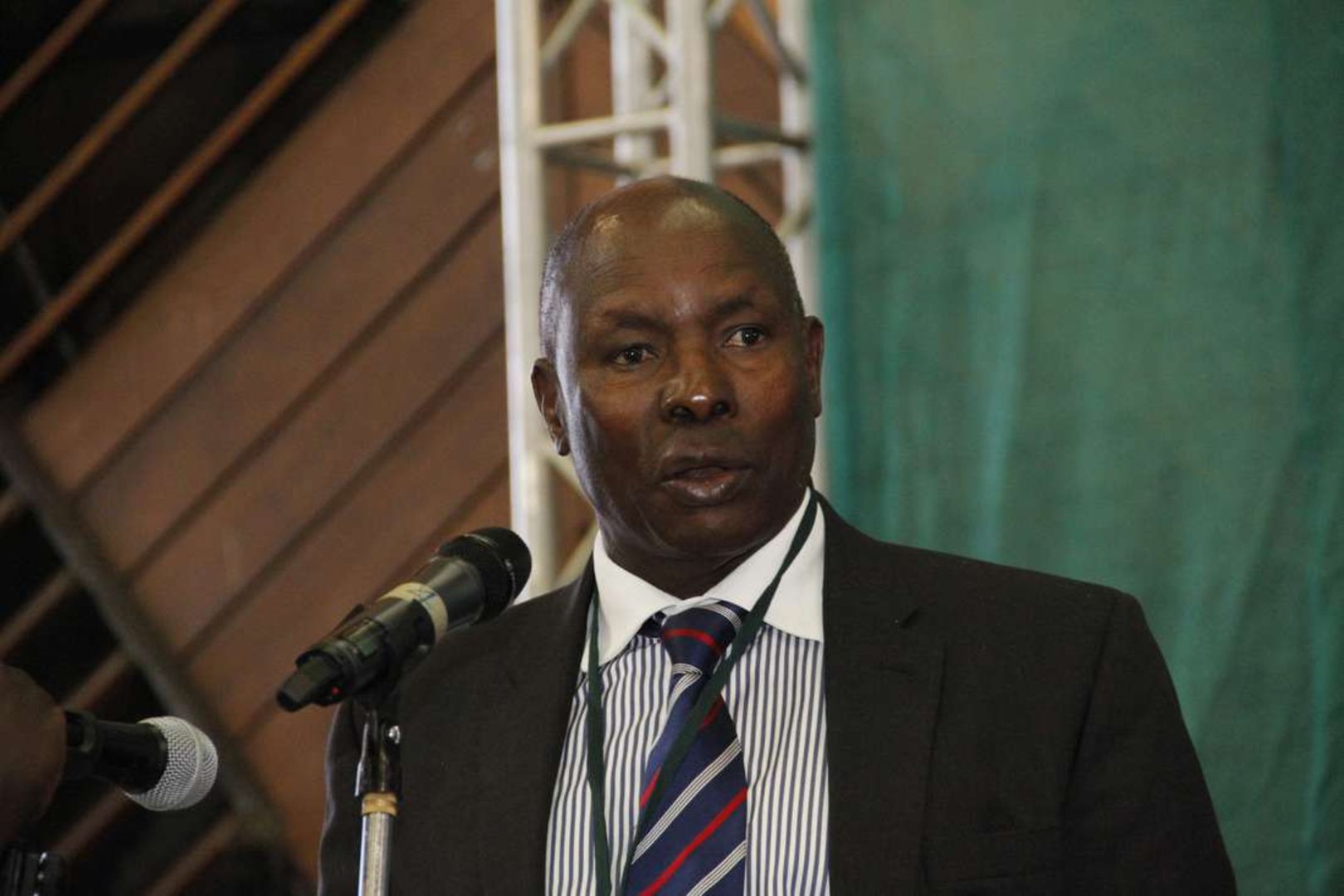The Kenya Tea Development Agency (KTDA) on Sunday asked farmers to shelve their planned plucking boycott ostensibly because such a boycott would lead to heavy and unnecessary losses for the farmers themselves.
According to the Agency which has been under fire from the farmers, during the July 1, 2019 – June 30, 2020 year, smallholder tea production went up by 30%, exacerbating the surplus production situation in the world, as Kenya is a leading exporter of tea.
“Consequently, prices came down the second year in a row, this time by 8%,” the Agency said in a statement on Sunday.
However, as a result of the increased volumes and a favorable exchange rate, KTDA said its managed factories in the country have declared Ksh51.8 billion as second payment compared to Ksh46.4 billion previous financial year
The increase has generally been achieved across all tea growing regions including factories in the Mount Kenya region.
“The boycott will thus be unfortunate considering farmers own their farms, factories, and KTDA through their factories. In this regard, and to ensure that farmers do not incur any losses, the over 4,000 tea buying centres operated by KTDA-managed tea factories will remain operational and will collect green leaf from farmers as is the norm, the Agency further stated in its statement.
This comes after farmers from the Mt Kenya region said they will boycott tea picking from October 5 to protest against KTDA’s exploitation.
The farmers said failure by the Agency to do away with the court cases that it filed to block the implementation of the tea regulations would spark protests from all tea growing areas.
Led by Moffat Kamau, a farmer from Makomboki Tea Factory, the farmers said KTDA has turned a blind eye to their notices.
The regulations, Kamau said, will make it possible for farmers to receive half their payments in monthly installments, saving them from the cycle of poverty and debts.
The farmers also want KTDA’s agency’s chairperson Peter Kanyago to resign following reports that he owns a tea brokerage firm which they said amounts to a conflict of interest.
Tea farmers are paid their bonuses in October but before then, they take up loans to sustain themselves.













Leave a comment